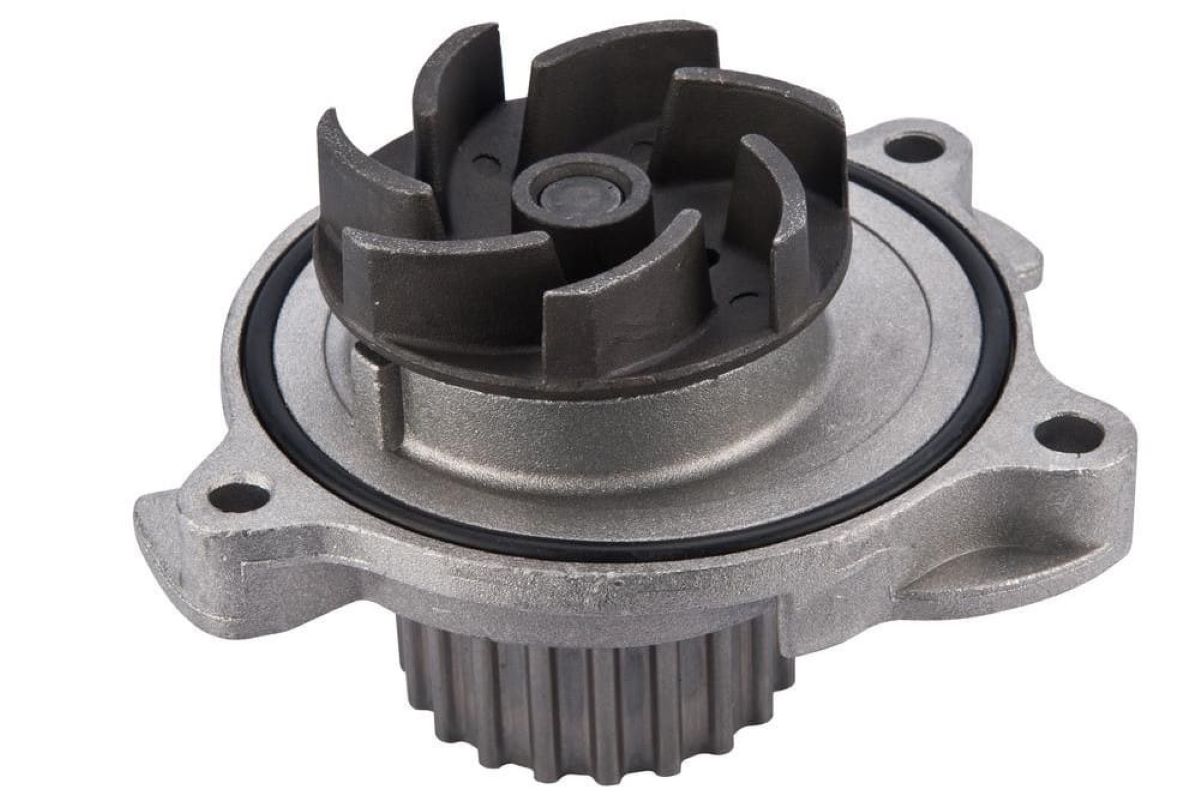

Articles
How Long Does A Water Pump Last
Modified: January 5, 2024
Find out the average lifespan of water pumps and what factors can affect their durability in this informative article.
(Many of the links in this article redirect to a specific reviewed product. Your purchase of these products through affiliate links helps to generate commission for Storables.com, at no extra cost. Learn more)
Introduction
A water pump is an essential component of any plumbing system, responsible for circulating water and maintaining consistent water pressure throughout a building or household. Whether it’s for residential or commercial use, a reliable water pump is crucial for the smooth operation of various activities, such as household chores, irrigation, and industrial processes.
While water pumps are designed to be durable and long-lasting, they are not immune to wear and tear. Over time, they may struggle to perform optimally, leading to a decline in efficiency and potential failure. That’s why it’s important to understand how long a water pump typically lasts and the factors that can affect its lifespan.
In this article, we will explore the different factors that can impact the lifespan of a water pump, signs that indicate a failing pump, maintenance tips to extend its lifespan, the average lifespan of different types of water pumps, and factors to consider when replacing a water pump.
By gaining a deeper understanding of these topics, you can make informed decisions about your water pump, ensuring that it serves you well for as long as possible while avoiding unexpected breakdowns and costly repairs.
Key Takeaways:
- Regular maintenance, high-quality materials, and water purity are key to extending the lifespan of water pumps and preventing unexpected failures. Recognizing signs of pump failure early can save you from costly repairs.
- When replacing a water pump, consider factors such as pump type, energy efficiency, and installation requirements. Investing in a quality pump and proper maintenance will ensure a reliable water supply for years to come.
Read more: How Long Does A Water Pump Last In A Car
Factors Affecting Water Pump Lifespan
The lifespan of a water pump can vary depending on several factors. Understanding these factors can help you take appropriate measures to prolong the life of your water pump and avoid premature failure. Here are some key factors that can affect the lifespan of a water pump:
- Quality of Materials: The quality of the materials used in the construction of the water pump plays a significant role in its durability. Opt for pumps made from high-quality materials, such as stainless steel or cast iron, as they are more resistant to corrosion and wear.
- Maintenance: Regular maintenance is crucial for ensuring the longevity of the water pump. Neglecting routine maintenance tasks, such as cleaning or inspecting the pump for any signs of damage, can lead to premature failure. Follow the manufacturer’s guidelines for maintenance, including changing the lubricant and cleaning or replacing filters as recommended.
- Water Quality: The quality of the water being pumped can impact the lifespan of the pump. If the water contains high levels of impurities, such as sand, sediment, or chemicals, it can cause damage to the internal components of the pump, leading to reduced efficiency and a shorter lifespan. Consider installing water filters or purifiers to protect the pump from contaminants.
- Operating Conditions: The operating conditions under which the water pump is used can affect its lifespan. Factors such as extreme temperatures, high levels of humidity, and exposure to harsh chemicals or corrosive environments can accelerate wear and tear. Ensure that the pump is installed in a suitable location and take measures to protect it from unfavorable conditions.
- Usage patterns: The frequency and intensity of use can impact the lifespan of a water pump. Pumps that are subject to heavy usage or run continuously for extended periods are more likely to experience faster wear and tear.
It’s important to note that while these factors can influence the lifespan of a water pump, there is no fixed timeline for how long a pump will last. Different pumps have different lifespan expectations, and factors unique to each situation can also have an impact. However, by considering these factors and taking appropriate measures, you can significantly extend the life of your water pump and minimize the risk of unexpected failure.
Signs of a Failing Water Pump
A failing water pump can cause inconvenience and potential damage to your plumbing system. Recognizing the signs of a failing water pump early on can help you take prompt action to address the issue and avoid further complications. Here are some common signs that indicate a failing water pump:
- Decreased Water Pressure: If you notice a significant decrease in water pressure throughout your plumbing system, it could be a sign of a failing water pump. A malfunctioning pump may struggle to circulate water effectively, resulting in reduced pressure at faucets, showers, or other water outlets.
- Fluctuating Water Pressure: In some cases, a failing water pump may cause water pressure to fluctuate. You may notice sudden drops or surges in water pressure, which can be frustrating and inconvenient. These fluctuations can indicate underlying issues with the pump, such as a worn-out impeller or a clogged filter.
- Noisy Operation: Unusual noises coming from the water pump can be a clear indication of a problem. If you hear grinding, squeaking, or rattling sounds when the pump is running, it could be a sign of worn-out bearings, damaged impellers, or loose components. Ignoring these noises can lead to further damage and eventual pump failure.
- Leakage: Leaks around the water pump or in the surrounding pipes can be a sign of a failing pump. Watch out for water pooling around the pump or any noticeable wet spots on the floor or walls. Damaged seals, cracked housing, or loose connections can all contribute to leaks and should be addressed promptly.
- Frequent Cycling: If your water pump frequently turns on and off, it could be an indication of an underlying issue. Known as rapid cycling, this can be caused by a faulty pressure switch, a clogged or damaged pressure tank, or a malfunctioning pump motor. Rapid cycling puts unnecessary strain on the pump, leading to premature failure if left unattended.
If you notice any of these signs, it is advisable to contact a professional plumber or water pump specialist to diagnose the issue and recommend the necessary repairs or replacements. Taking action early can help prevent further damage to your plumbing system and save you from costly repairs or a complete pump failure.
Maintenance Tips to Extend Water Pump Lifespan
Regular maintenance is essential to keep your water pump in tip-top condition and extend its lifespan. By following these maintenance tips, you can ensure that your pump continues to operate efficiently and reliably for years to come:
- Inspect and Clean the Pump: Regularly inspect the pump for any signs of damage, such as leaks, cracks, or rust. Clean the pump and remove any debris, dirt, or sediment that may have accumulated. This will prevent clogs and maintain optimum performance.
- Check and Replace Filters: If your water pump has a filter, check it regularly and clean or replace it as needed. Filters help prevent debris and contaminants from entering the pump and causing damage. Clean filters ensure smooth water flow and reduce strain on the pump.
- Monitor Water Pressure: Keep an eye on the water pressure gauge and ensure that it stays within the recommended range. High or low pressure can signal a problem with the pump or the overall plumbing system. Adjust the pressure settings if necessary or seek professional assistance if you notice any irregularities.
- Check and Lubricate Moving Parts: Lubricate the moving parts of the water pump, such as the motor bearings or shaft, as per the manufacturer’s instructions. This will minimize friction and reduce wear and tear on these components. Use a suitable lubricant recommended for your pump type.
- Inspect Electrical Connections: Regularly inspect the electrical connections of the water pump, checking for loose or corroded wires. Make sure the electrical components are in good condition and replace any faulty parts promptly. Faulty electrical connections can lead to motor malfunctions or other pump issues.
- Protect the Pump from Freezing: If your water pump is located in an area exposed to freezing temperatures, take measures to prevent freezing. Insulate the pump or use a pump cover to protect it from extreme cold. In freezing temperatures, water inside the pump can expand and cause damage to the internal components.
Additionally, it’s important to follow the manufacturer’s guidelines for maintenance and schedule regular professional inspections. Experienced plumbers or water pump technicians can identify potential issues early on and provide the necessary repairs or replacements to keep your water pump running smoothly.
By implementing these maintenance tips, you can maximize the lifespan of your water pump, avoid costly repairs, and ensure continuous and reliable water flow throughout your plumbing system.
Regular maintenance and timely replacement of worn-out parts can help extend the lifespan of a water pump. Keep an eye on any signs of leaks or unusual noises, and follow the manufacturer’s recommended maintenance schedule.
Average Lifespan of Different Types of Water Pumps
The lifespan of a water pump can vary depending on the type of pump and its specific design and construction. Here’s a general guide to the average lifespan of different types of water pumps:
- Centrifugal Pumps: Centrifugal pumps are commonly used for residential and commercial water supply. These pumps typically have an average lifespan of around 15 to 20 years. However, with proper maintenance and care, they can last even longer.
- Submersible Pumps: Submersible pumps are designed to be fully submerged in water and are often used for deep well applications. These pumps are known for their durability, with an average lifespan of 20 to 25 years. Regular maintenance and monitoring are still important to ensure optimal performance.
- Jet Pumps: Jet pumps are versatile pumps used for a wide range of applications, including boosting water pressure and drawing water from shallow wells. The average lifespan of a jet pump is similar to that of centrifugal pumps, typically ranging from 15 to 20 years.
- Sewage Pumps: Sewage pumps are specifically designed to handle wastewater and solids, such as human waste and debris. These pumps are built to withstand the harsh conditions of sewage systems and have an average lifespan of 7 to 10 years. Regular maintenance and proper usage can help extend their lifespan.
- Booster Pumps: Booster pumps are used to increase water pressure in plumbing systems. The lifespan of a booster pump can vary depending on factors such as frequency of use and maintenance. On average, booster pumps can last around 10 to 15 years with proper care and maintenance.
- Well Pumps: Well pumps are specifically designed for extracting water from underground wells. These pumps can be submersible or jet pumps, depending on the depth of the well. The average lifespan of a well pump is around 15 to 20 years, but regular servicing and maintenance are essential to ensure their longevity.
It’s important to note that these are general estimates, and the actual lifespan of a water pump can vary based on various factors, including usage, maintenance, water quality, and operating conditions. Regular maintenance, monitoring, and prompt repairs or replacements when necessary can help extend the lifespan of any type of water pump.
If you’re unsure about the lifespan of your specific water pump, it’s always a good idea to consult the manufacturer’s guidelines or seek advice from a professional plumber or water pump specialist.
Read more: How Long Does A Well Water Pump Last
Factors to Consider When Replacing a Water Pump
When it’s time to replace a water pump, whether due to failure or simply reaching the end of its lifespan, there are several important factors to consider. Making the right decisions during the replacement process can ensure that you choose a suitable pump that will meet your needs and provide reliable performance for years to come. Here are some factors to consider when replacing a water pump:
- Pump Type: Determine the type of pump that is most suitable for your specific application. Consider factors such as the water source (well, municipal supply, etc.), required pressure, and flow rate. Choose between centrifugal pumps, submersible pumps, jet pumps, or other types based on your requirements.
- Capacity and Power: Assess the required capacity and power of the new pump. Consider factors such as the number of water outlets, distance of water distribution, and required flow rate. Ensure that the new pump has sufficient capacity to meet your water demand while providing adequate pressure.
- Energy Efficiency: Look for energy-efficient options when choosing a new water pump. Energy-efficient pumps can help reduce electricity consumption and lower utility costs over time. Look for pumps with high-efficiency ratings or certifications such as ENERGY STAR.
- Quality and Durability: Choose a water pump made from high-quality materials to ensure durability and longevity. Consider factors such as corrosion resistance, robust construction, and reliable performance. Read product reviews and seek recommendations from professionals to identify reputable brands known for producing reliable pumps.
- Installation Requirements: Consider the installation requirements of the new pump. Determine if any modifications or additional equipment, such as pressure tanks, are necessary for the installation. Ensure that you have the appropriate resources and expertise for the installation process or consult a professional plumber for assistance.
- Maintenance and Service: Evaluate the maintenance requirements and availability of service for the new water pump. Check the manufacturer’s recommendations for routine maintenance tasks such as filter replacement, lubrication, and inspection. Additionally, consider the availability of local service providers who can offer support and repairs when needed.
- Budget: Determine your budget for the new water pump and associated installation costs. Consider the upfront cost of the pump as well as any additional expenses such as piping or electrical work. Remember to also factor in long-term savings from energy efficiency and the potential lifespan of the pump when assessing the overall value for money.
By considering these factors, you can make an informed decision when replacing your water pump. It’s also advisable to consult with a professional plumber or water pump specialist who can assess your specific needs and recommend the most suitable options for your situation.
Remember, investing in a quality water pump and ensuring proper installation and maintenance are key to maximizing its lifespan and performance, ultimately providing you with a reliable water supply for years to come.
Conclusion
A water pump is an essential component of any plumbing system, responsible for circulating water and maintaining consistent water pressure. Understanding the factors that can affect the lifespan of a water pump and taking appropriate measures can help extend its longevity and prevent unexpected failures.
Factors such as the quality of materials, maintenance practices, water quality, operating conditions, and usage patterns can all impact the lifespan of a water pump. By opting for high-quality materials, performing regular maintenance, ensuring water purity, protecting the pump from unfavorable conditions, and being mindful of usage, you can significantly extend the life of your water pump.
Recognizing the signs of a failing water pump, such as decreased water pressure, fluctuating pressure, noisy operation, leakage, or frequent cycling, is crucial. By detecting these signs early on, you can address the issues promptly and prevent further damage or complete pump failure.
Implementing regular maintenance tips, such as inspecting and cleaning the pump, checking and replacing filters, monitoring water pressure, lubricating moving parts, inspecting electrical connections, and protecting the pump from freezing, will contribute to extending the lifespan of your water pump.
On average, different types of water pumps have varying lifespans. Centrifugal pumps, submersible pumps, jet pumps, sewage pumps, booster pumps, and well pumps all have different average lifespans. It’s important to consider the specific requirements of your application and choose the right type of pump based on your needs.
When it comes time to replace a water pump, factors to consider include the pump type, capacity and power, energy efficiency, quality and durability, installation requirements, maintenance and service, and budget. Selecting a suitable replacement pump that meets your requirements and investing in a quality product will ensure reliable performance and longevity.
In conclusion, by understanding the factors that affect the lifespan of a water pump and taking proactive measures, you can extend its longevity, minimize the risk of failure, and enjoy a reliable supply of water for years to come. Regular maintenance, prompt repairs, and choosing the right replacement pump are crucial steps in ensuring the optimal performance of your plumbing system and the longevity of your water pump.
Frequently Asked Questions about How Long Does A Water Pump Last
Was this page helpful?
At Storables.com, we guarantee accurate and reliable information. Our content, validated by Expert Board Contributors, is crafted following stringent Editorial Policies. We're committed to providing you with well-researched, expert-backed insights for all your informational needs.
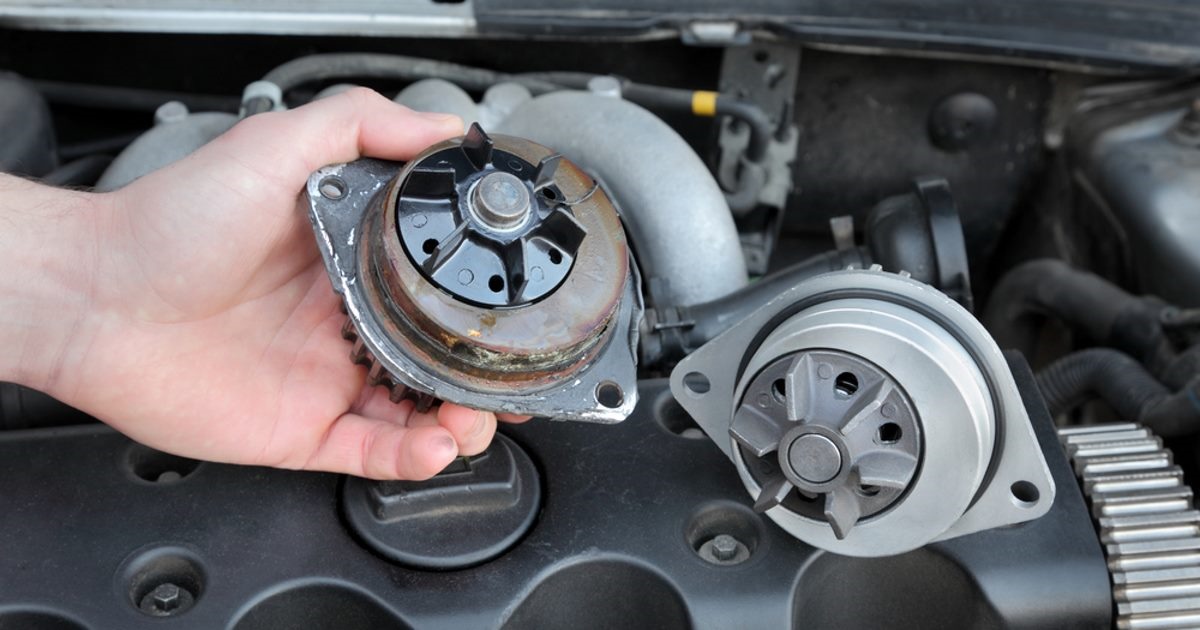
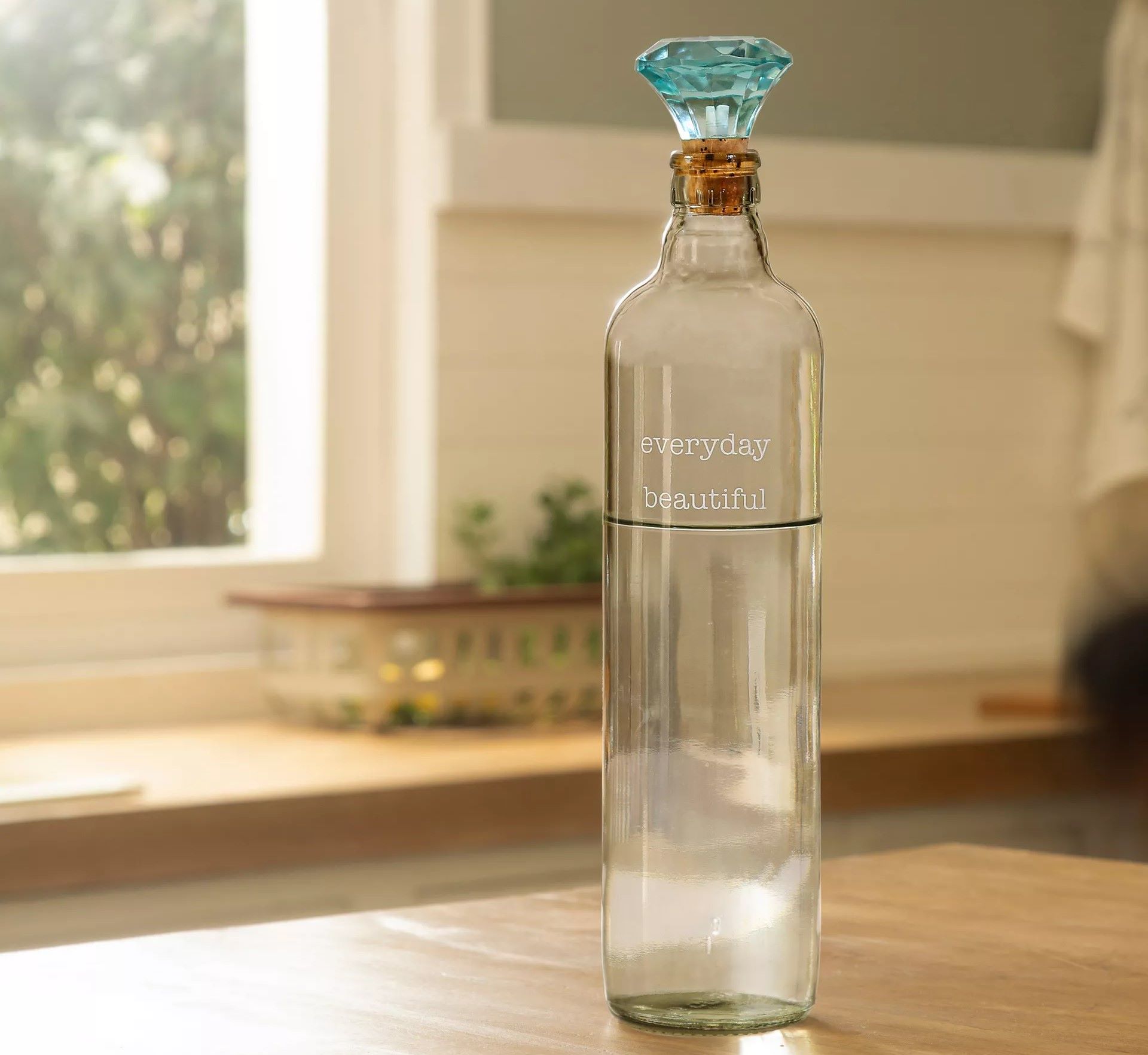
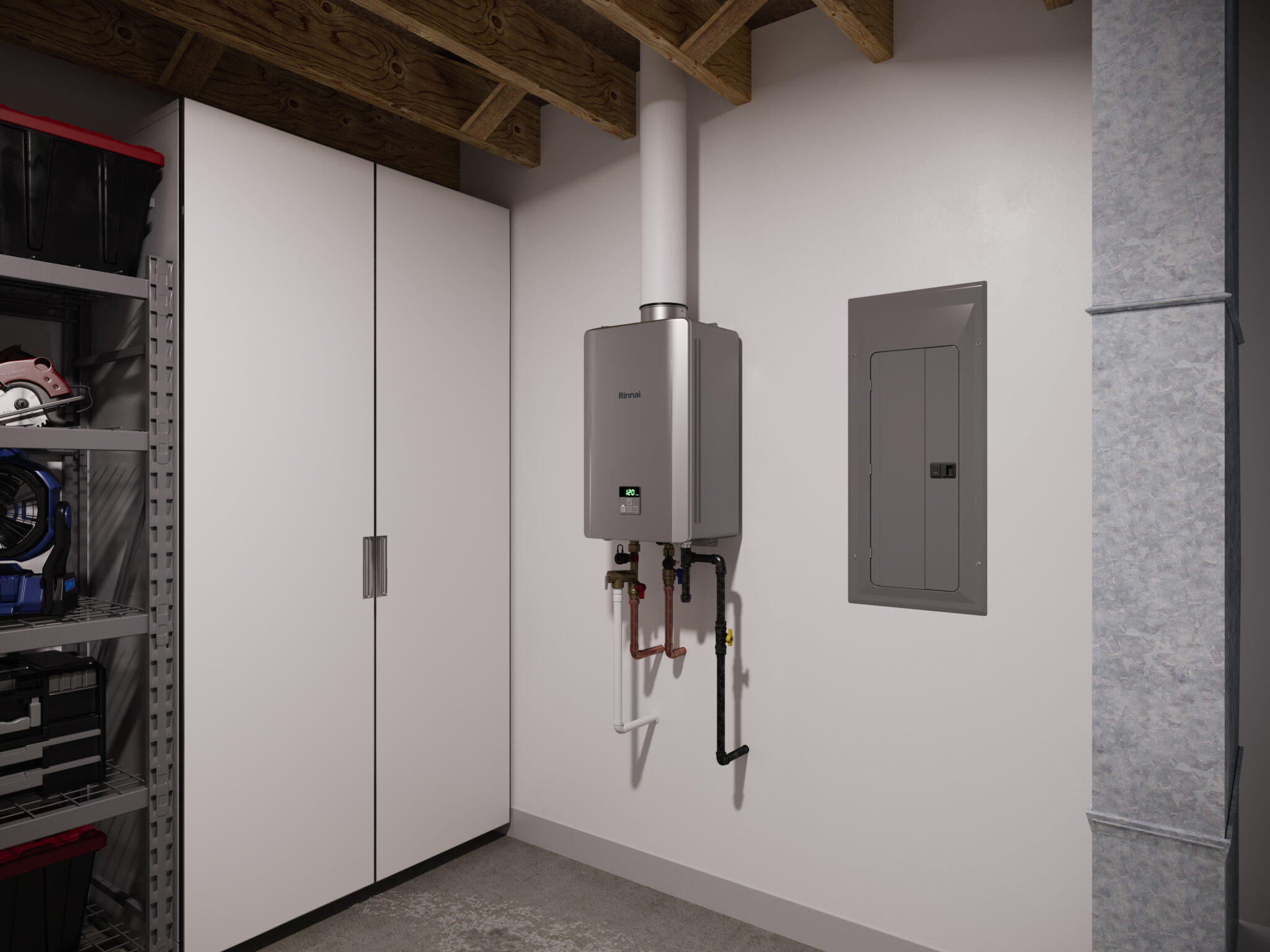
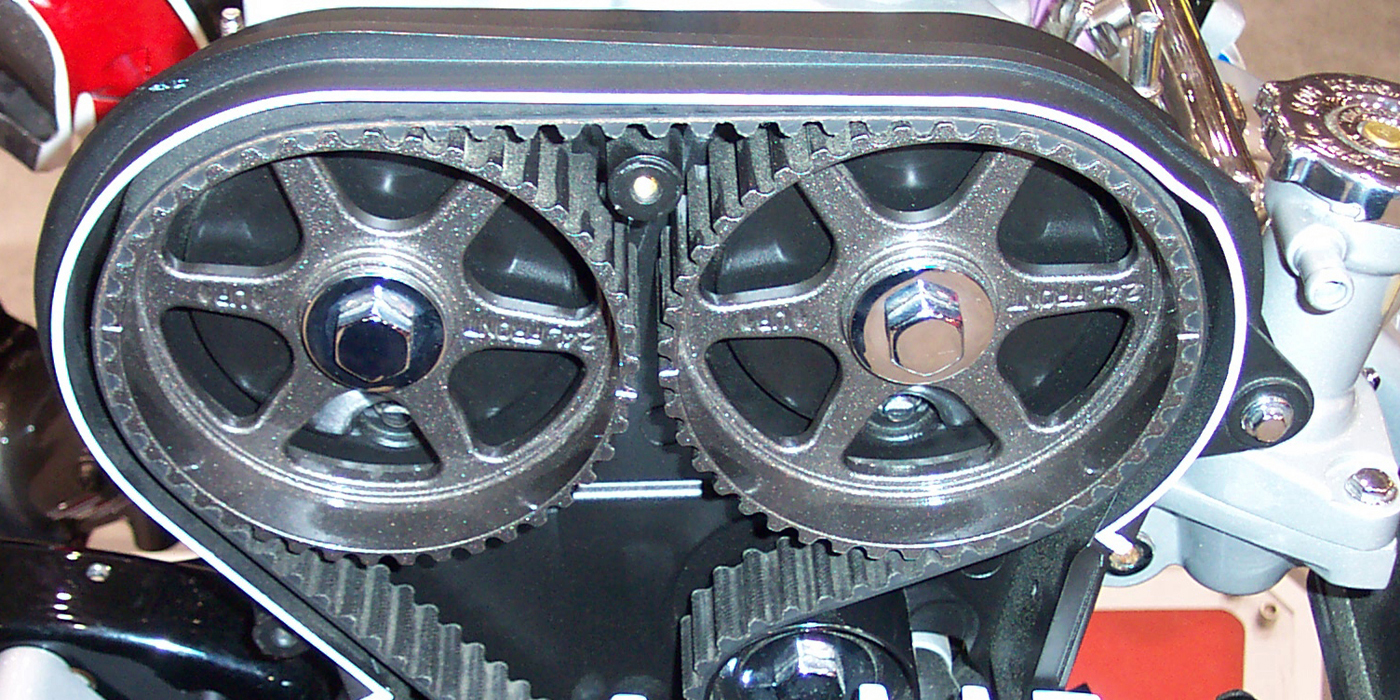
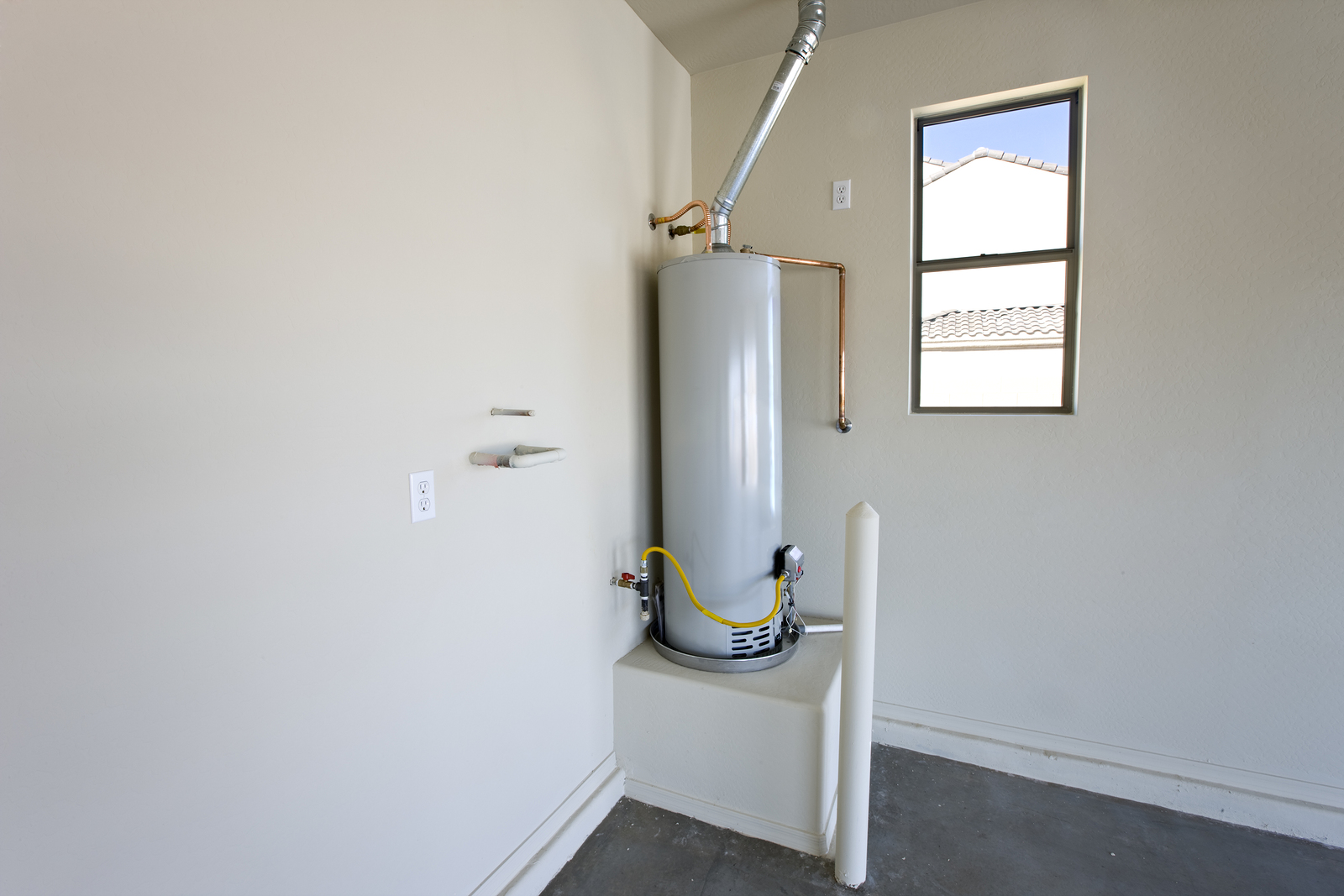
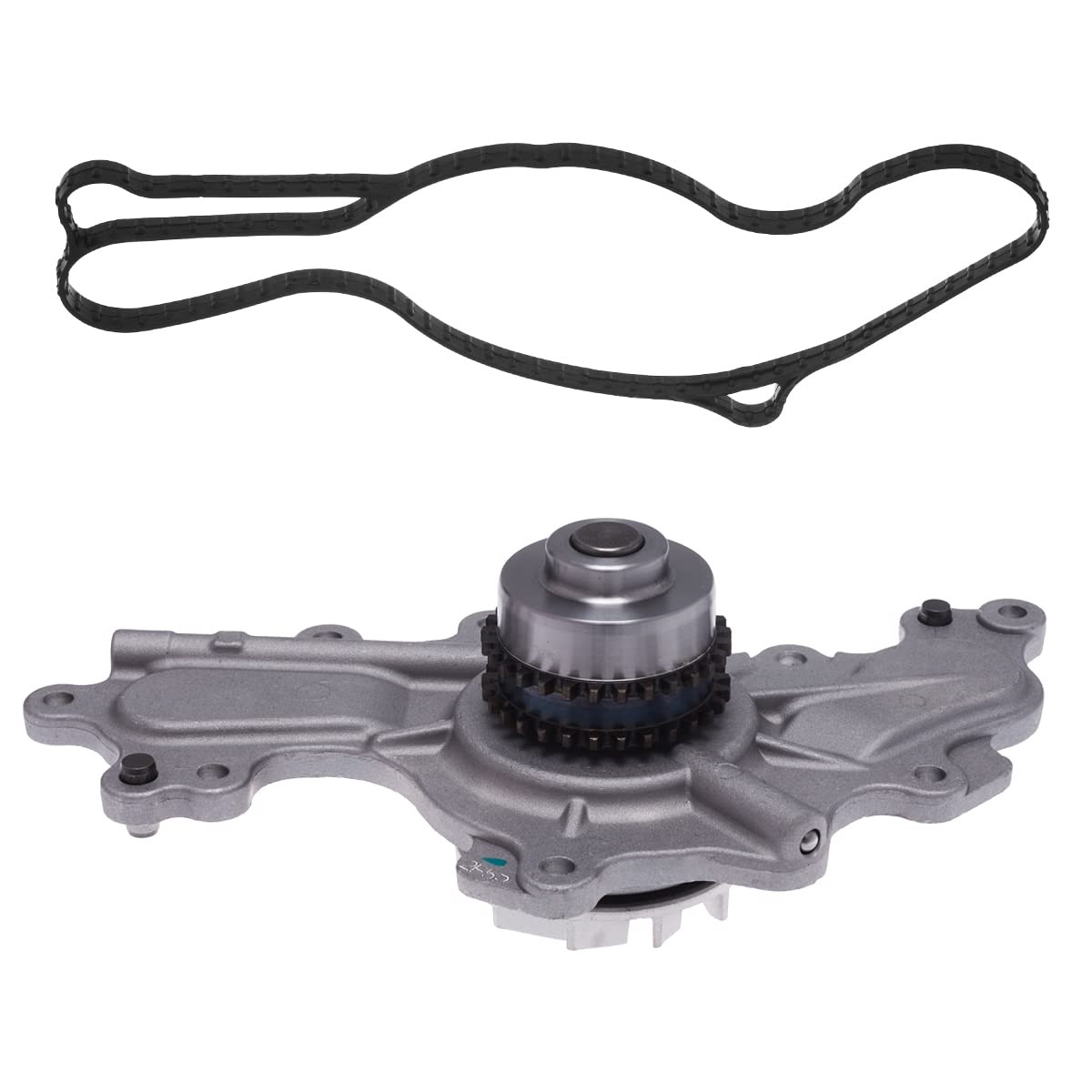

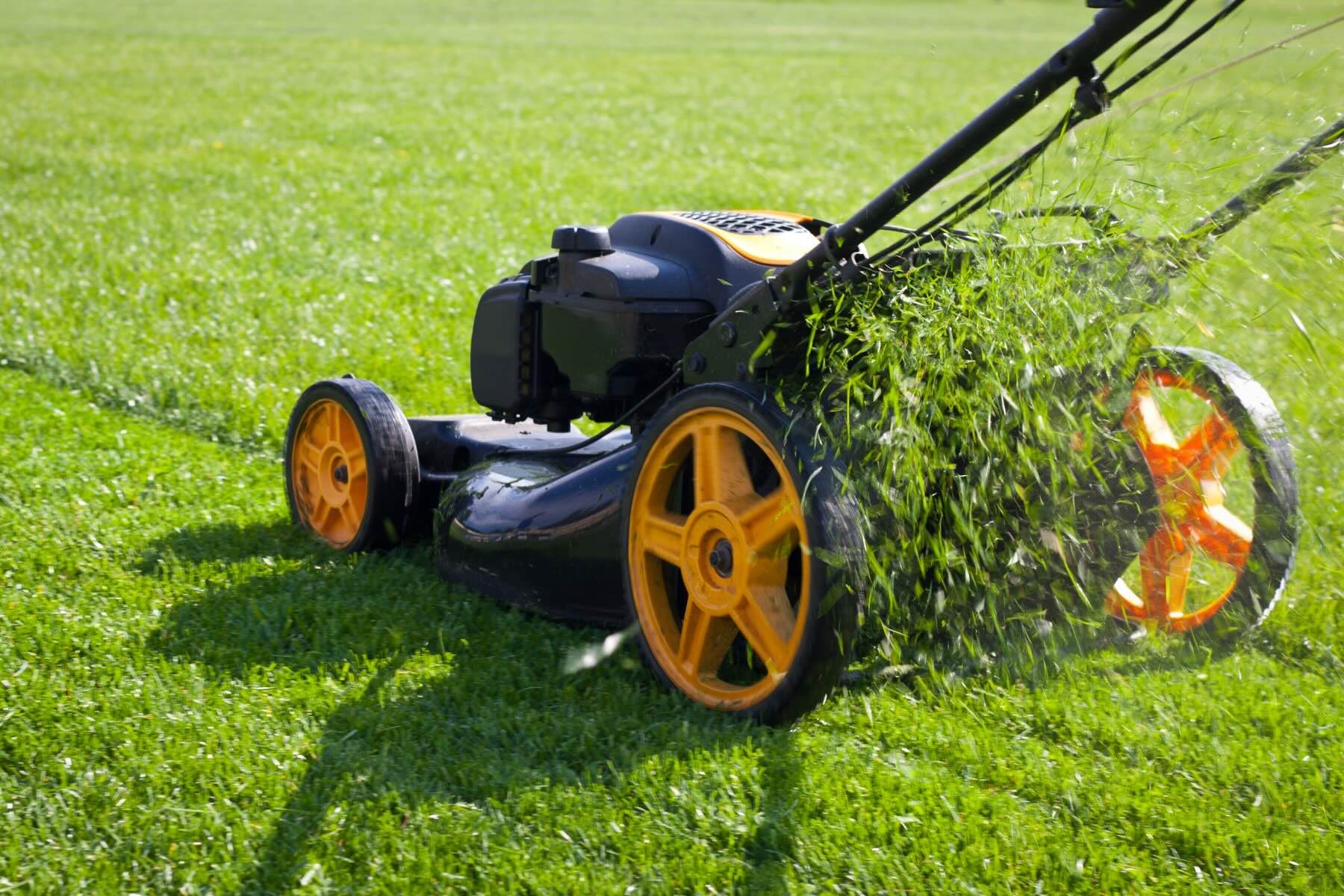

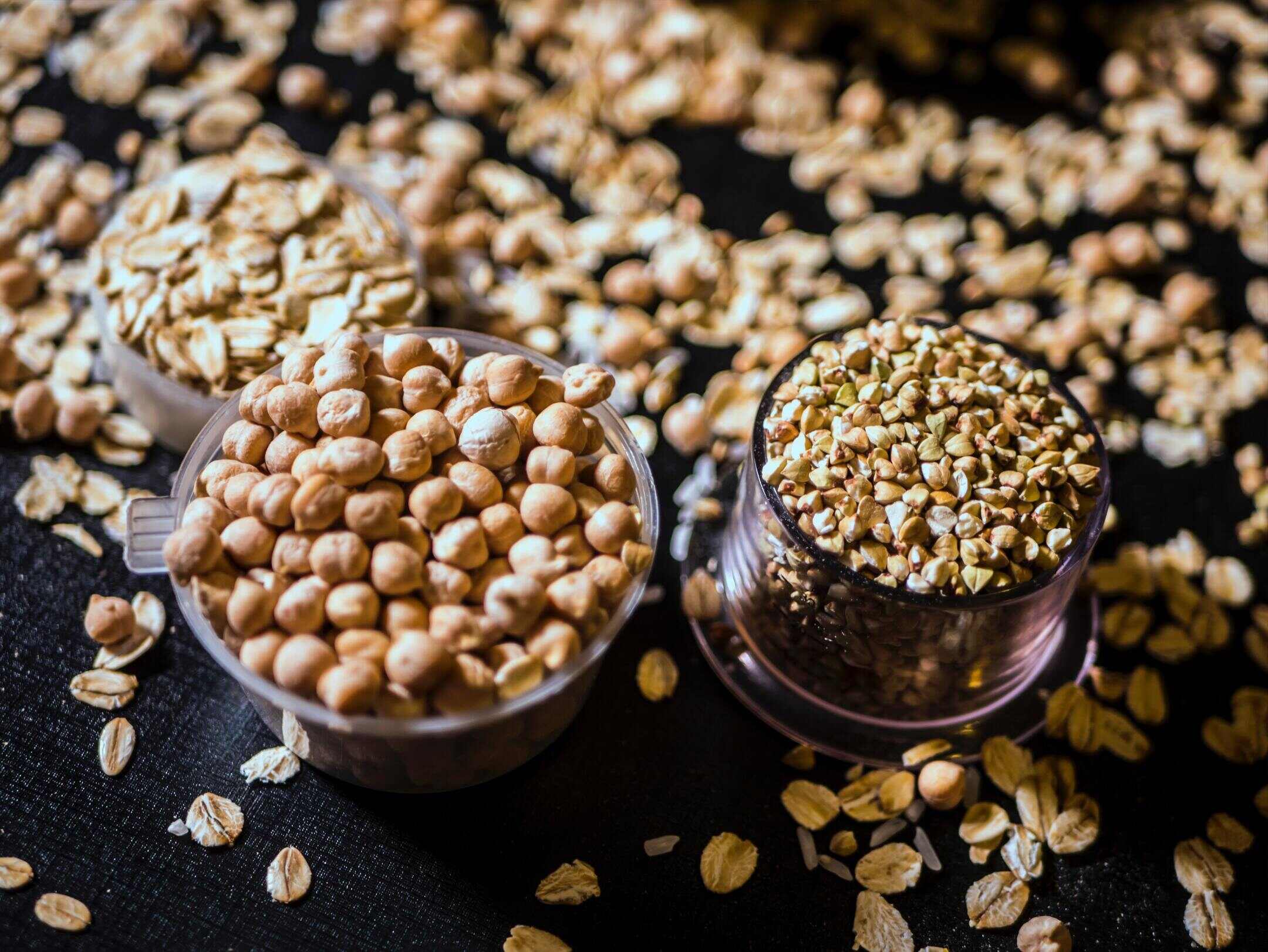
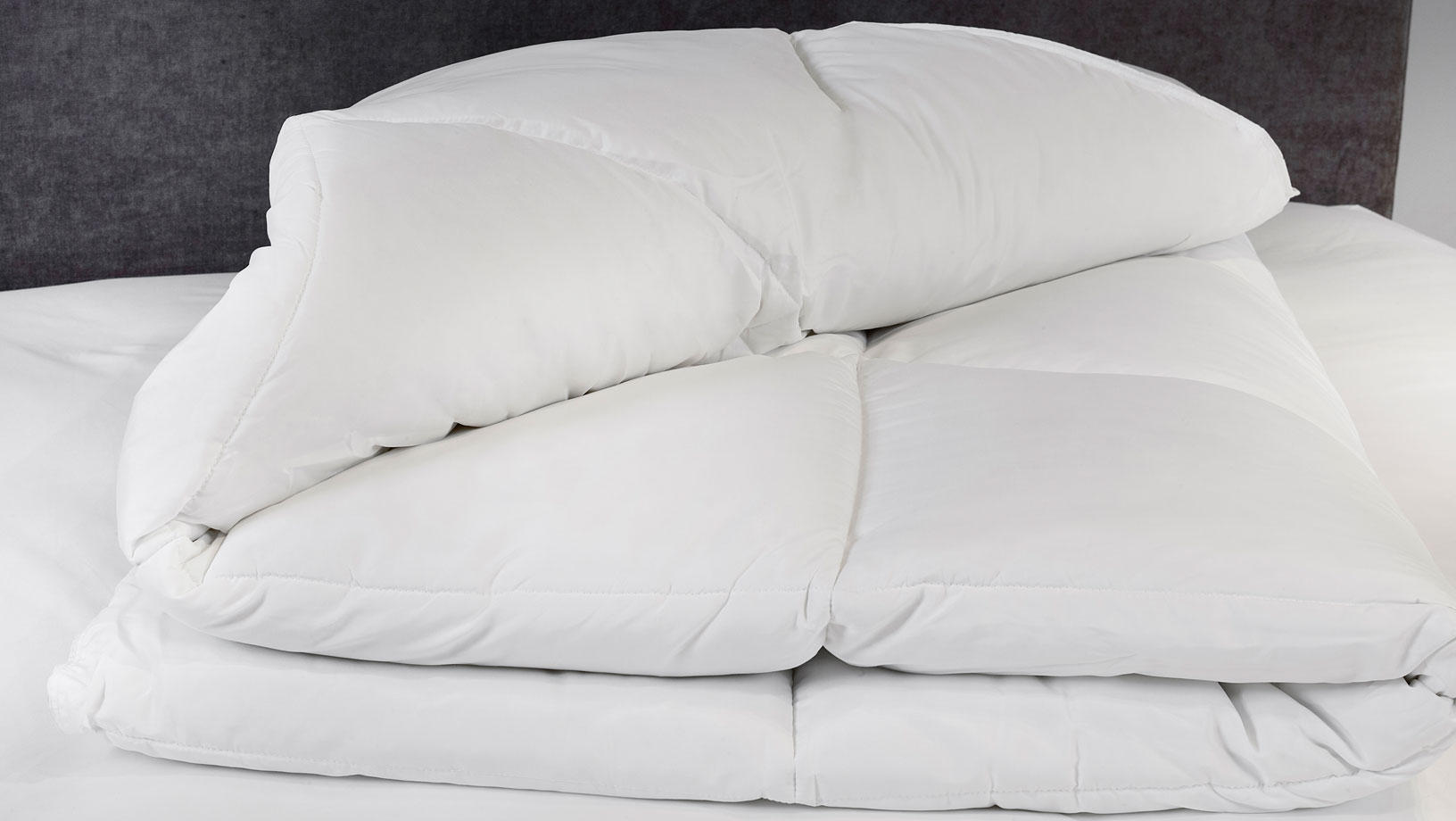
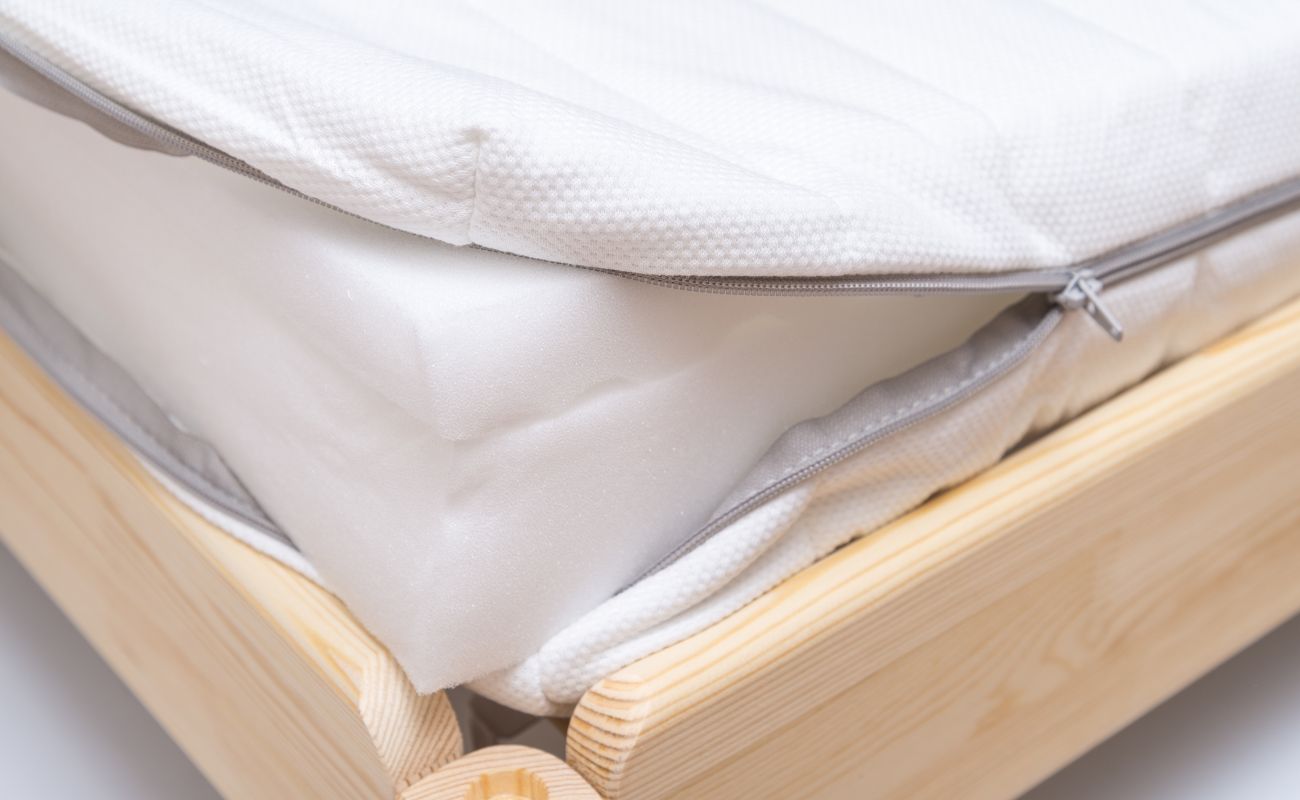



0 thoughts on “How Long Does A Water Pump Last”